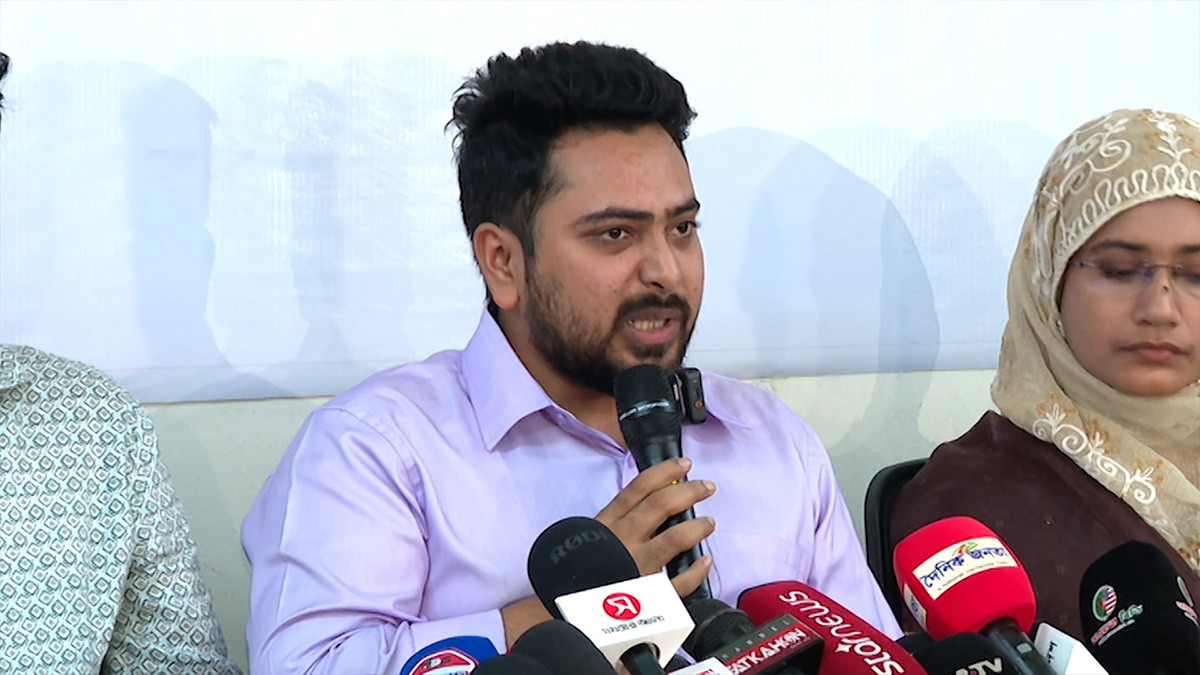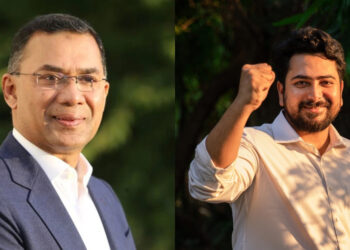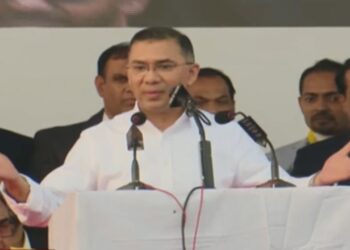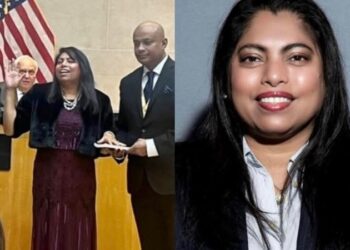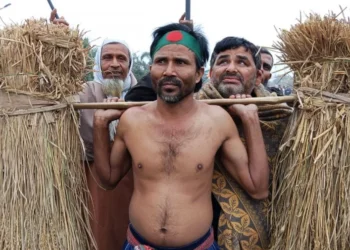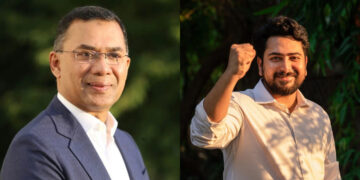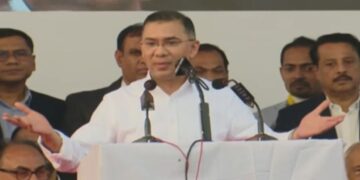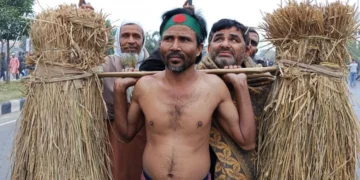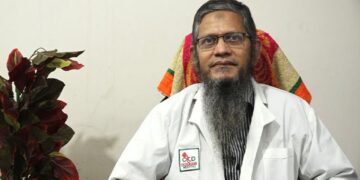Nahid Islam, the convener of the National Citizens Party (NCP) and former coordinator of the Anti-Discrimination Student Movement, has made serious claims on Facebook regarding the role of Shibir, Sadik Kayem, and an attempted military coup in August 2024. He clarified many misunderstandings and labeled certain narratives as false.
Details are given below:
Shibir’s Involvement in Student Politics Denied
In a Facebook post made on Thursday (31 July), Nahid Islam rejected recent claims made by Shibir leader Sadik Kayem about the role of Shibir in the formation of student political groups like Chhatroshokti.
“সম্প্রতি একটা টকশোতে তিনি বলেছেন, ছাত্রশক্তির গঠনপ্রক্রিয়ায় শিবির যুক্ত ছিল, শিবিরের ইনস্ট্রাকশনে আমরা কাজ করতাম। এটা মিথ্যাচার।”
(“Recently on a talk show, he said Shibir was involved in forming Chhatroshokti and we worked under Shibir’s instructions. This is a lie.”)
He explained that Chhatroshokti was formed by members from the ‘Gurubar Adda’ study circle, resigned members of Dhaka University Student Rights Forum, and a study circle from Jahangirnagar University. These efforts had no directive from Shibir.
Read More: Shahbagh Blocked by July Fighters Demanding “July Charter”
Clarifying Connections with Shibir
Nahid admitted there were contacts with various political groups, including Shibir, due to their long political presence in campuses. However, he emphasized that this did not mean political alignment or instruction-based action.
“যোগাযোগ, সম্পর্ক বা কখনও সহযোগিতা করা মানে এই না যে, তারা আমাদের রাজনৈতিক প্রক্রিয়ায় যুক্ত ছিল।”
(“Having communication, relationships, or even occasional cooperation does not mean they were involved in our political process.”)
He also clarified that Sadik Kayem was never a coordinator of the Anti-Discrimination Student Movement.
Why Sadik Kayem Was Given Space in the Uprising
According to Nahid, Shibir had a significant role during the uprising, which is why Sadik Kayem was allowed in the press briefing after August 5. However, Nahid claims that later, Kayem and his group falsely promoted the idea that the entire uprising was led by Shibir.
“এই অভ্যুত্থান শিবিরের একক নয়, শিবিরের ইনস্ট্রাকশন বা ডিরেকশনেও হয়নি।”
(“This uprising was not solely by Shibir, nor was it directed by them.”)
Details About a Planned Army Coup
Nahid Islam revealed details of a supposed coup attempt just before the uprising. He said that on the night of 2 August 2024, some individuals, including Zulqarnain Sayer, tried to pressure student coordinators to announce a single-point demand for toppling the government.
“২ আগস্ট রাতে জুলকারনাইন সায়েররা একটা আর্মি ক্যু করে সামরিক বাহিনীর এক অংশের হাতে ক্ষমতা দিতে চেয়েছিল।”
(“On the night of 2 August, Zulqarnain Sayer and others tried to organize an army coup to hand over power to a part of the military.”)
He added that students were threatened inside a supposed safe house and were told not to communicate with the core uprising group anymore.
Students Rejected Coup Plan for Democratic Uprising
Nahid and his group opposed this attempt, insisting that the one-point demand must come from the people, not be imposed via the army. They feared it would result in a repeat of the 2007 caretaker government and provide a path for the ruling party’s return.
“ক্ষমতা কোনোভাবে সেনাবাহিনী বা সেনাবাহিনী সমর্থিত কোনো গ্রুপের কাছে দেয়া যাবে না।”
(“Power must not be handed over to the army or any army-backed group in any way.”)
Talks with BNP and the Proposal for National Government
Nahid also criticized BNP Secretary General Mirza Fakhrul’s recent claim that no proposal for a national government came from student leaders.
“এই বক্তব্যটি সত্য নয়।”
(“This statement is not true.”)
Nahid Islam explained that in the 5 August press briefing, the student leaders proposed forming an interim national government and later had a virtual meeting with BNP’s acting chairman Tarique Rahman to discuss it.
“বৈষম্যবিরোধী ছাত্র আন্দোলনের পক্ষ থেকে জাতীয় সরকার ও নতুন সংবিধানের প্রস্তাব দেয়া হয়েছিল।”
(“The Anti-Discrimination Student Movement proposed a national government and a new constitution.”)
Tarique Rahman rejected the idea and suggested forming an election-time interim government led by civil society. The students proposed Dr. Muhammad Yunus as the chief advisor.
Final Discussions on Interim Government
Finally, on 7 August, student leaders met Mirza Fakhrul again at his home to further discuss the interim government and advisory council. A final virtual meeting was held with Tarique Rahman to finalize the names of proposed advisors.
Source: Jamuna TV
Share via:

